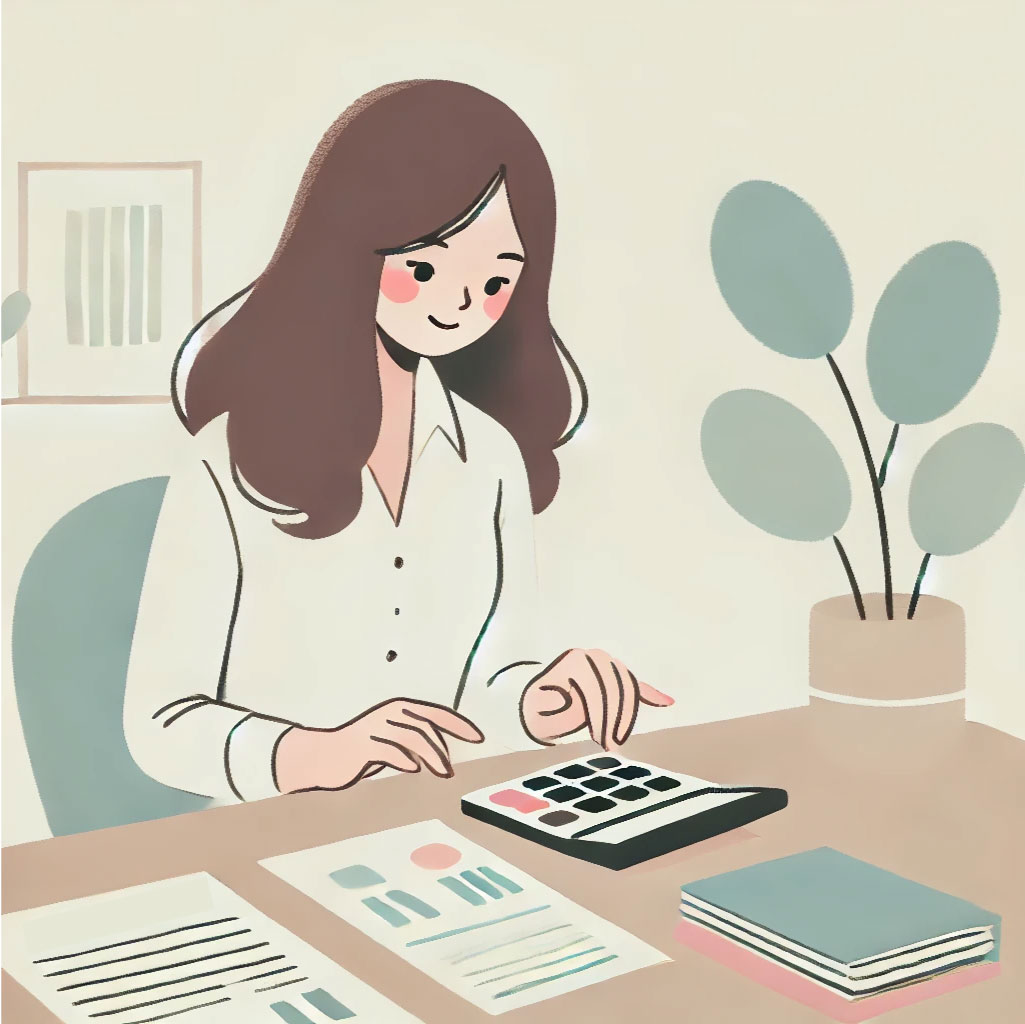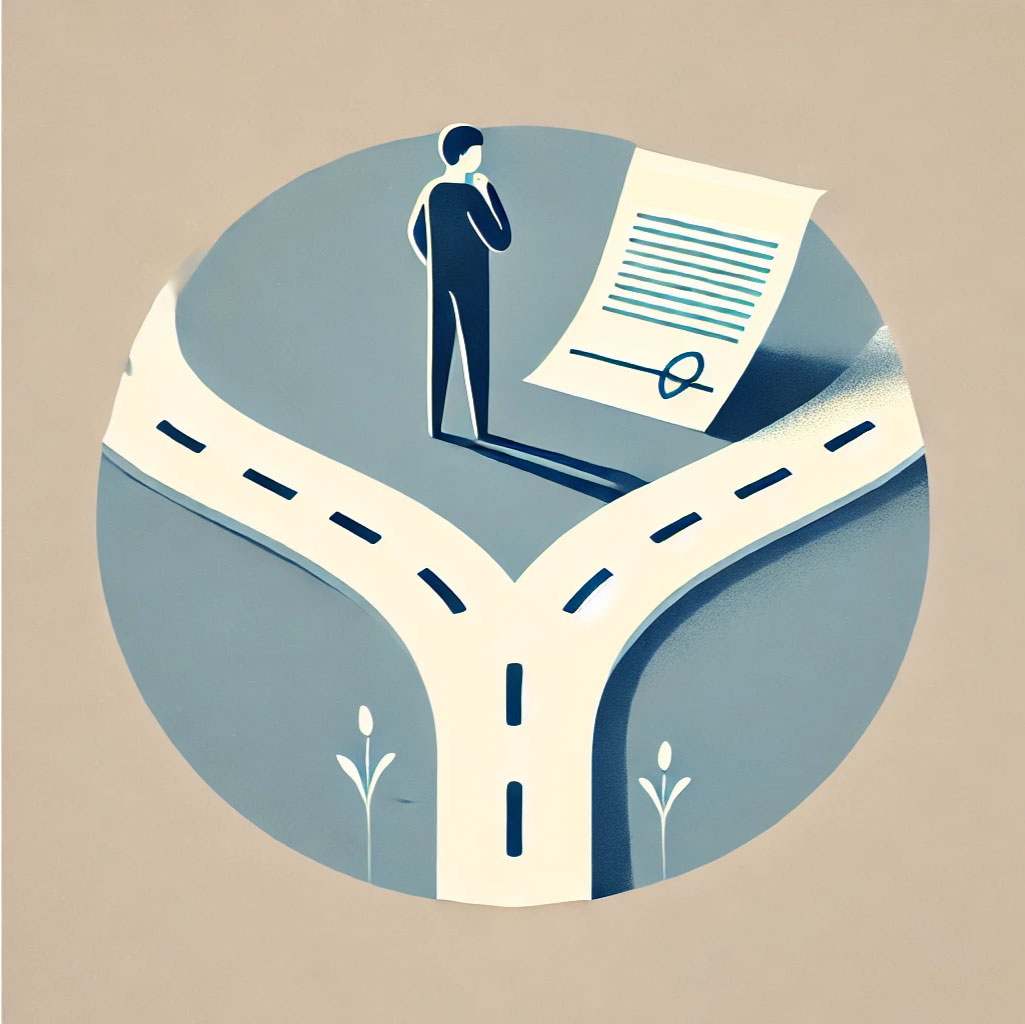How to Avoid Unmanaged Debt
Debt can be a major source of stress and financial difficulty. Here’s a comprehensive guide on how to avoid unmanaged debt and maintain financial health.
1. Create a Budget — Track Your Income and Expenses
- List all sources of income, including salary, benefits, and any other earnings.
- Track all monthly expenses, categorising them into essentials (e.g., rent, utilities) and non-essentials (e.g., entertainment, dining out).
- Use budgeting apps or spreadsheets to keep a clear record of your finances.
Try Our Budget Planner
Track your income and expenses, set financial goals, and make informed decisions about your spending to achieve financial stability.


2. Build an Emergency Fund — Prepare for Unexpected Expenses
- Save at least three to six months' worth of living expenses in an easily accessible savings account.
- Start small if needed, and gradually increase your savings over time.
- Consider setting up automatic transfers to your savings account.
Start Building Your Emergency Fund Today
Use our Savings Calculator to see how small, consistent contributions can grow into a reliable emergency fund. Plan for the unexpected and secure your financial future.
3. Limit Credit Card Usage — Avoid High Interest Debt
- Use credit cards only for necessary purchases and try to pay off the balance in full each month.
- Avoid using credit cards for non-essential items to prevent accumulating debt.
- Consider using a debit card to limit spending to the money you already have.
- If your credit card or overdraft balances have risen or become unmanageable, consider consolidating your outstanding debts into one low interest rate term loan with your credit union.
Calculate Your Loan Potential Today
Discover how much you can borrow with our secure loan options. Use our Loan Calculator to find out more.


4. Understand Your Borrowing Options — Choose Wisely
- Research different types of loans and credit options, including personal loans, credit union loans, and overdrafts.
- Compare interest rates, fees, and repayment terms before committing to any borrowing.
- Avoid payday loans or high-interest borrowing options that can lead to a debt spiral.
For a sustainable way to manage or consolidate high-interest debt, consider a secured loan from your local credit union. With options like discounted interest rates and added security, Dundalk Credit Union offers loans that can help you save.
Visit our Borrowing Money Responsibly Hub to learn how a credit union loan can help you manage your finances better.
5. Seek Professional Advice — Get Help When Needed
- Consult with a financial advisor or a credit counsellor if you are struggling with debt.
- Contact the Money Advice and Budgeting Service (MABS) in Ireland for free and confidential advice.
- Consider debt consolidation options if you have multiple debts with high interest rates.
Get Free and Confidential Debt Advice from MABS
If you're facing financial challenges or struggling with debt, don't hesitate to seek professional advice. The Money Advice and Budgeting Service (MABS) in Ireland offers free, confidential, and independent support to help you manage your debts, create a budget, and find practical solutions tailored to your situation.


6. Live Within Your Means — Avoid Lifestyle Inflation
- Prioritise spending on needs rather than wants, and avoid impulse purchases.
- Make conscious decisions about spending and resist the urge to keep up with others' lifestyles.
- Review your budget regularly and adjust it as necessary to stay on track.
Conclusion
Avoiding unmanaged debt requires discipline and proactive financial planning. By creating a budget, building an emergency fund, and making informed borrowing decisions, you can maintain control over your finances and reduce stress.